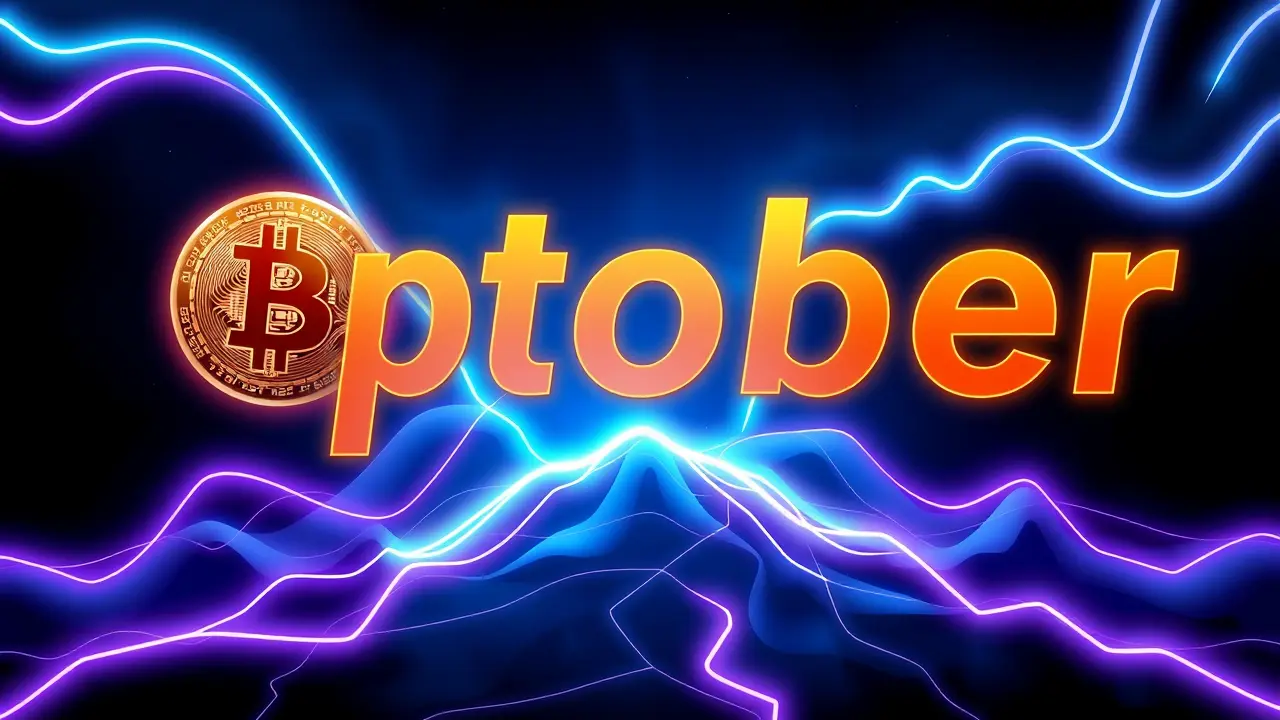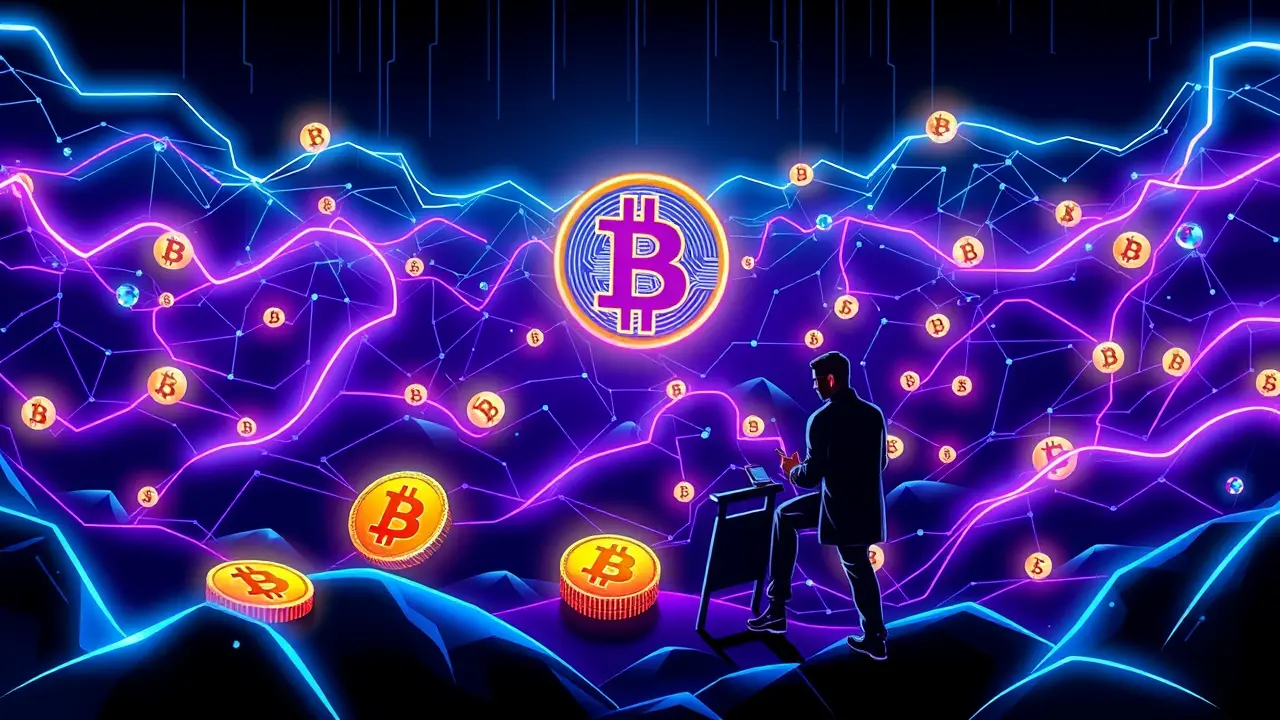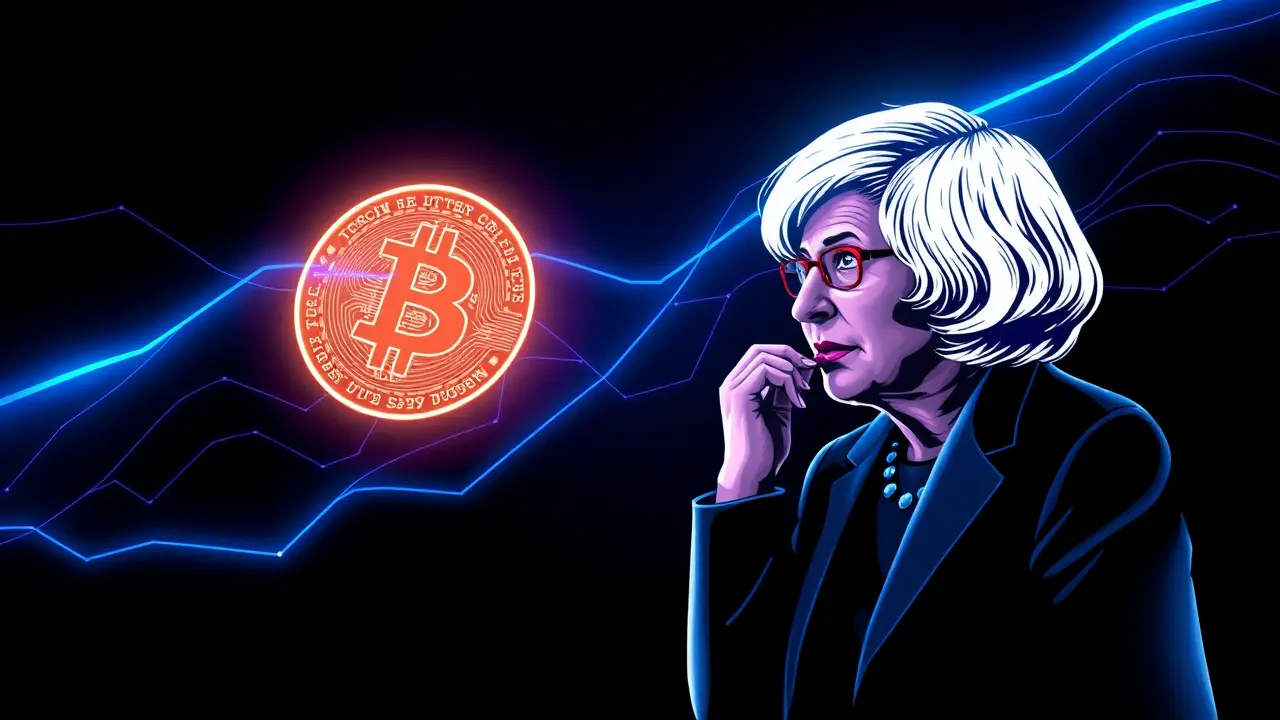
CryptobitcoinInstitutional Adoption
The Bitcoin White Paper Offered a Blueprint for a More Reliable Financial System
DA
David Collins
2 days ago7 min read
Let's cut through the noise. When Satoshi Nakamoto dropped the Bitcoin white paper, it wasn't just another tech proposal; it was a declaration of war on the broken, trust-based financial system that failed us all in 2008.This wasn't a gentle suggestion for reform; it was a provocation, a meticulously engineered blueprint for a system that doesn't require you to trust banks, governments, or any central authority ever again. The core innovation, the Proof-of-Work consensus mechanism, is the engine of this revolution.It's what makes the network immutable and secure. Think of it as a global, decentralized auditor that's running 24/7, where miners compete to validate transactions and are rewarded in bitcoin.This process makes attempting to alter the blockchain—the public ledger—so computationally expensive and energy-intensive that it becomes economically unfeasible. That's the genius.It replaces fragile human trust with unbreakable cryptographic and economic certainty. This is the polar opposite of the traditional system, where a handful of executives in boardrooms can make catastrophic decisions, get bailed out, and leave the public holding the bag.Bitcoin fixes this. It's sound money, hard money, with a predictable, disinflationary supply schedule capped at 21 million coins.No central bank can print more of it on a whim, devaluing your life's savings through endless quantitative easing. Look at the altcoin space—the endless parade of 'faster' or 'more feature-rich' tokens.Most are distractions, often pre-mined scams designed to enrich their creators. They lack the foundational decentralization and security of Bitcoin.Ethereum’s move to Proof-of-Stake, for instance, simply recreated a financial elite, a cartel of large stakeholders who now control the network, making it vulnerable to regulation and collusion. That’s not progress; it’s a regression to the very system we're trying to escape.The rise of Bitcoin ETFs is a double-edged sword. On one hand, it legitimizes the asset for the legacy financial world, but on the other, it risks creating a new class of paper bitcoin, diluting the core ethos of 'not your keys, not your coins.' True sovereignty comes from self-custody, from holding your own private keys in a hardware wallet, completely outside the system. Regulators, of course, are terrified.They see a system they can't control, can't censor, and can't inflate away. Their constant attempts to regulate, tax, and surveil Bitcoin transactions are not about consumer protection; they are about maintaining their monopoly over money itself.But the network doesn't care. It just keeps running, block by block, secured by an ever-growing amount of energy converted into truth.This is the ultimate promise of the white paper: a global, permissionless, and radically honest financial system for everyone, whether the old gatekeepers are ready for it or not. The blueprint is here.The foundation is laid. The revolution will not be centralized.
#featured
#Bitcoin
#white paper
#financial system
#cryptocurrency
#blockchain
#peer-to-peer
#digital cash
Stay Informed. Act Smarter.
Get weekly highlights, major headlines, and expert insights — then put your knowledge to work in our live prediction markets.
Related News
Comments
It’s quiet here...Start the conversation by leaving the first comment.
© 2025 Outpoll Service LTD. All rights reserved.












